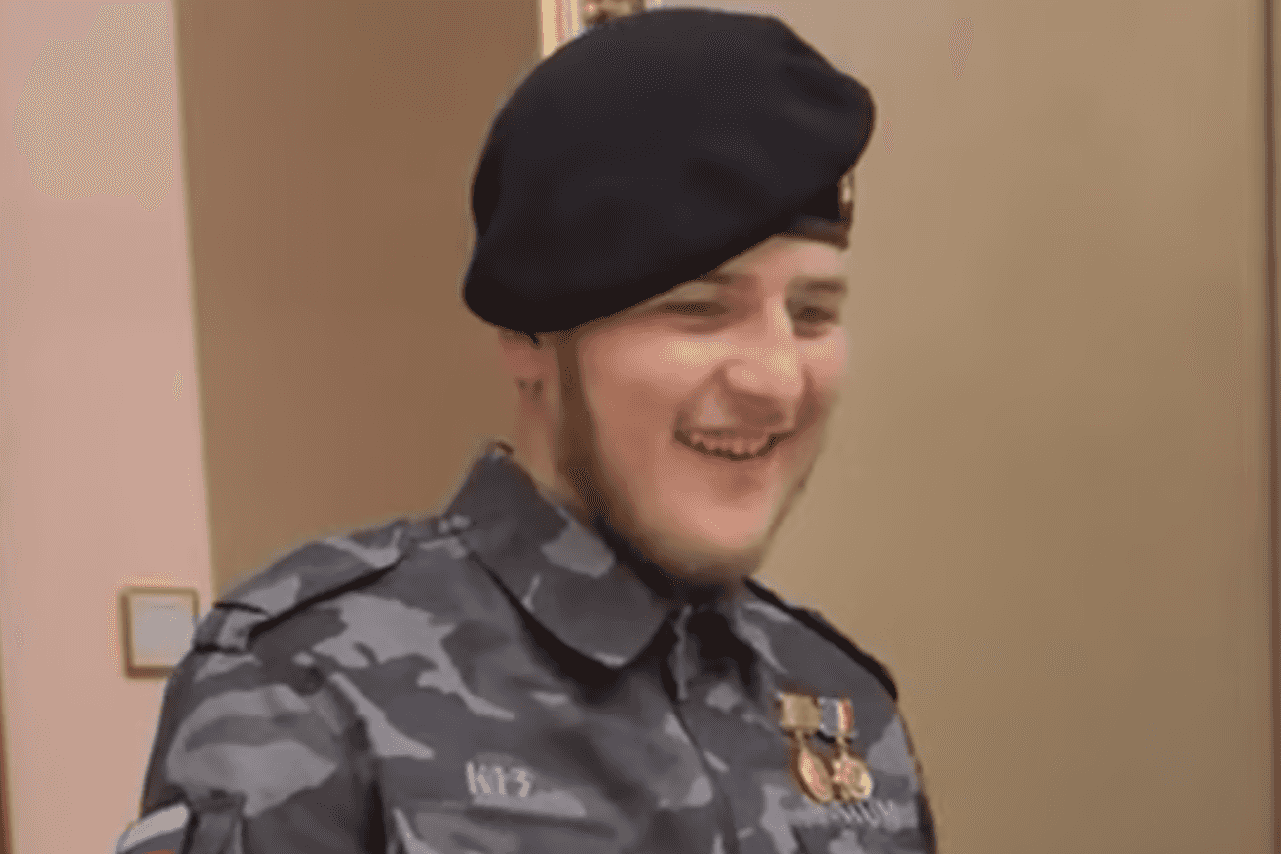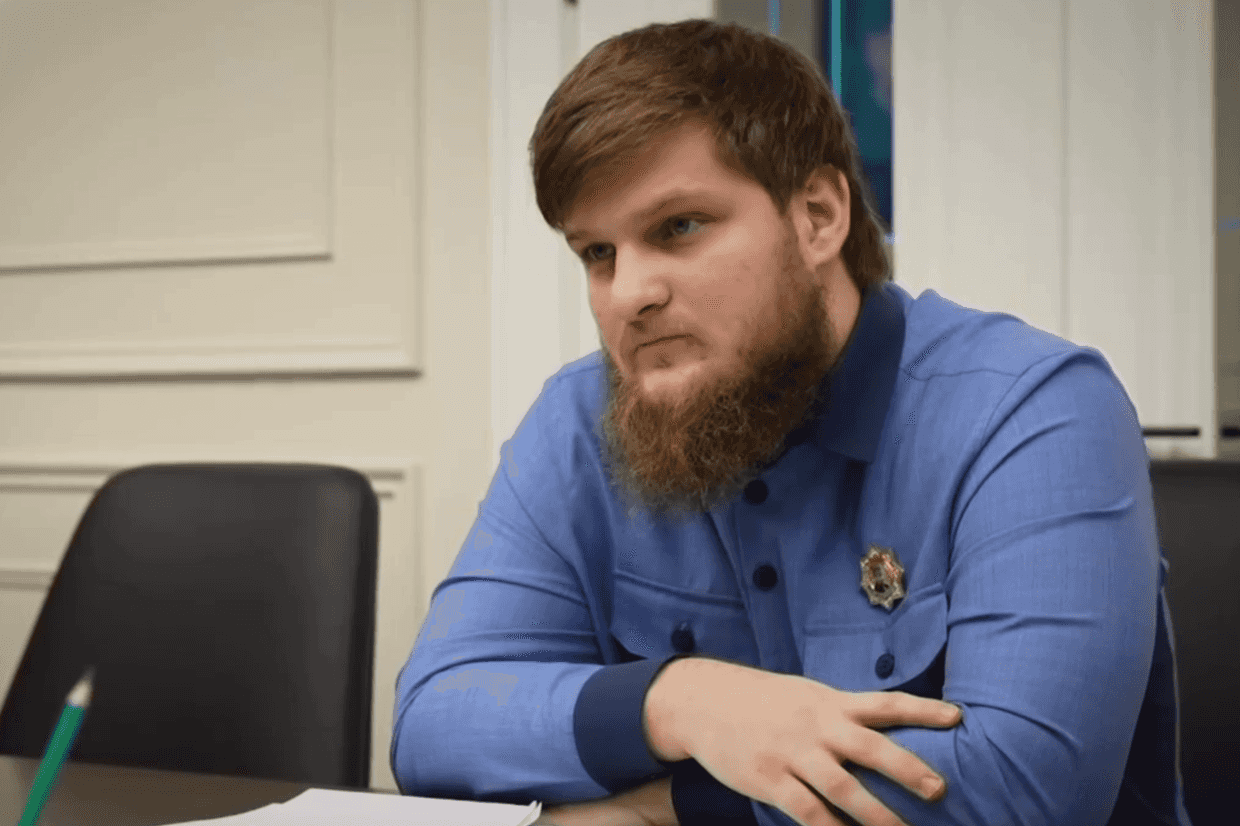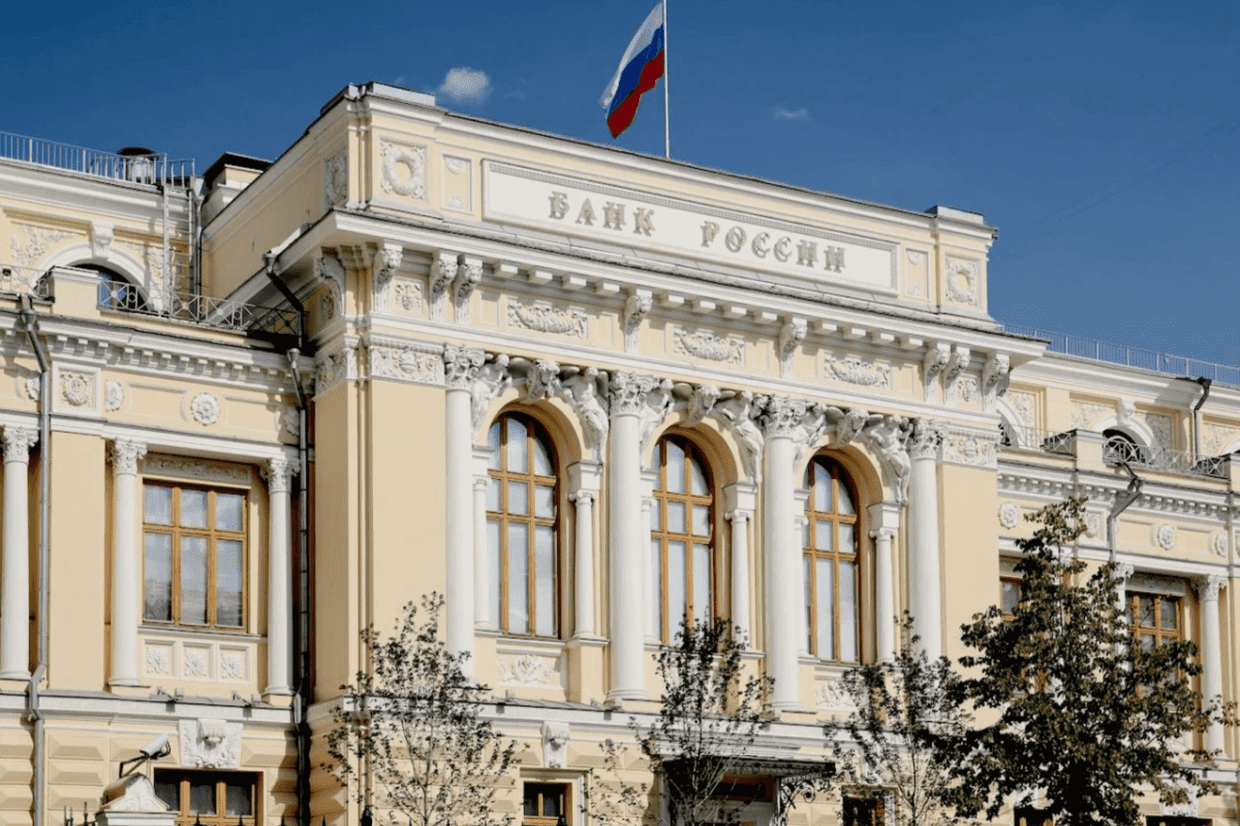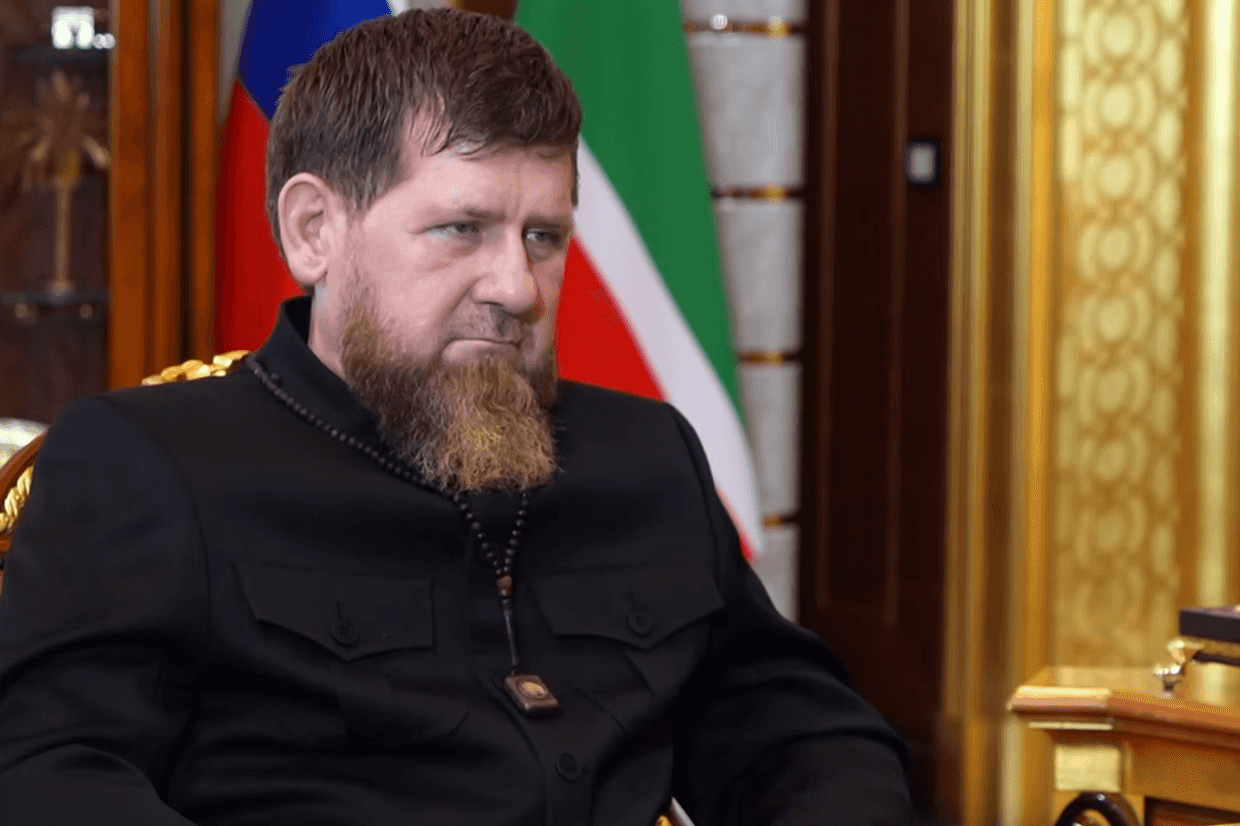
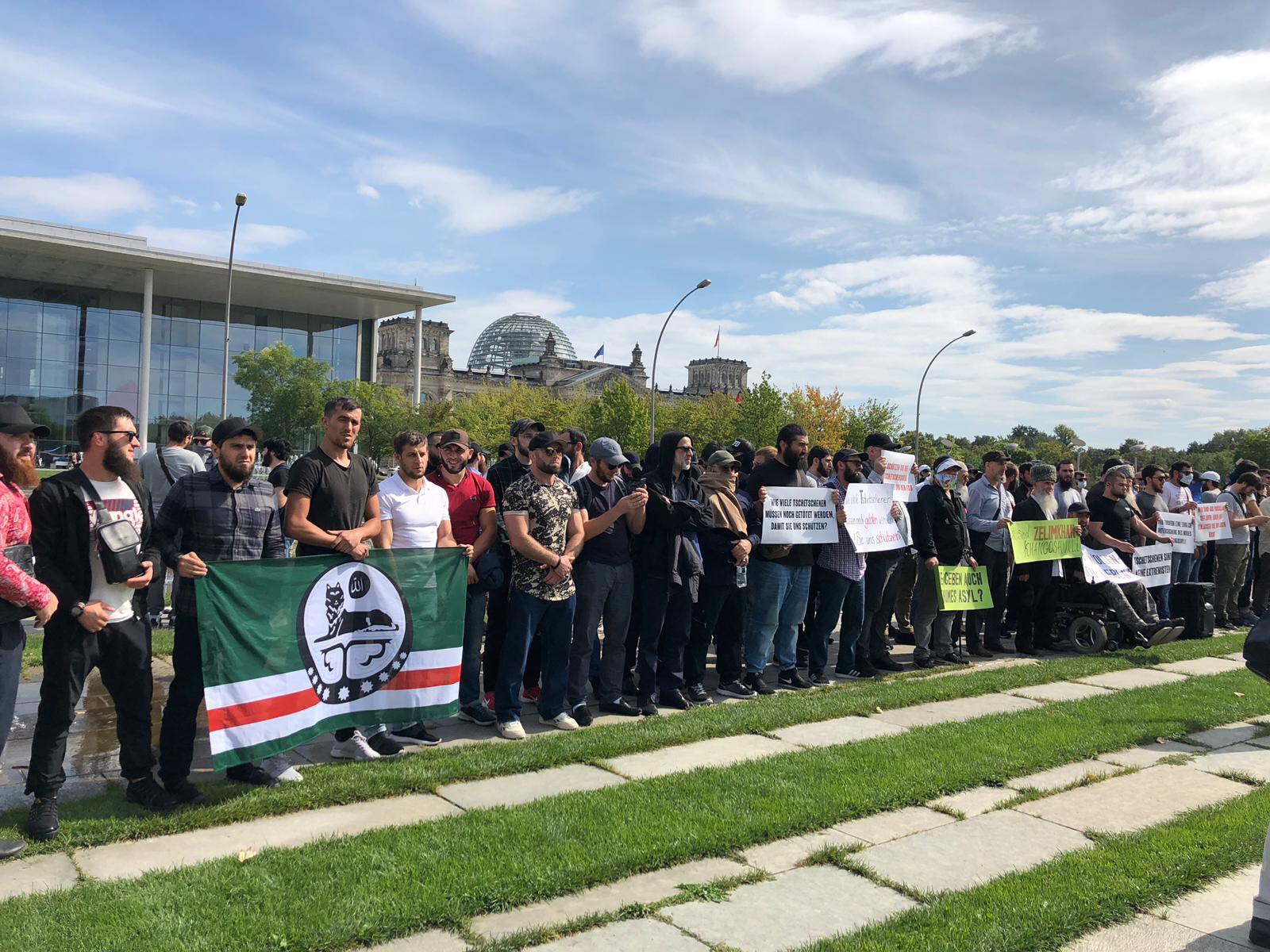
Protests have been held in several European cities in connection with the murder in Berlin of former Chechen independence fighter and Georgian citizen Zelimkhan Khangoshvili.
Khangoshvili, 40, was shot dead on 23 August in the Kleiner Tiergarten park in Berlin, as he was on his way to the mosque. Members of his family claim that Russian intelligence agencies may be involved in the murder.
Khangoshvili, who was wanted by the Russian authorities on terrorism charges, had survived earlier his assassination attempts.
He had lived in Germany, where he was seeking asylum, for the past two years. His application was refused by the migration service but he was in the process of appealing the decision.
VAYFOND, a Sweeden-based Chechen charity and human rights group, announced a protest campaign on 27 August calling for an objective and speedy investigation into the murder and calling on Chechens living in Europe and supporters to participate.
Between 31 August–4 September, a protest took place outside the Russian Embassy in Germany, a single-person picket outside the German Embassy in the Netherlands, as well as two protests organised by VAYFOND in Berlin and Stockholm.
VAYFOND’s Executive Director, Amina Sadulayeva, told OC Media that around 200 people gathered in Berlin on 4 September and around 50 attended the protest outside the German Embassy in Sweden.
She said that protesters held posters calling for the protection of the life and rights of refugees.
Artyom Khachaturyants, an activist who held the single-person picket outside the German Embassy in the Netherlands on 2 September, called on the German authorities to conduct an honest and fair investigation. He demanded that European countries stop expelling Chechens, who he said needed protection.
‘The German authorities could have done a lot to keep Zelimkhan Khangoshvili alive today. They could have provided him with the status of a political refugee, which, as we all see with bitter obviousness, he clearly needed’, he said.
French Chechen diaspora group Bart Marsho is organising a protest outside the German embassy in Paris on 7 September with similar demands.
‘Suspicious timing’
‘This is a great deal of support,’ Zurab Khangoshvili, Zelimkhan’s brother, told OC Media.
‘Especially in Georgia, local Chechens and even Georgians expressed their sympathy. A lot of people came to the funeral whom I don’t even know’, he said.
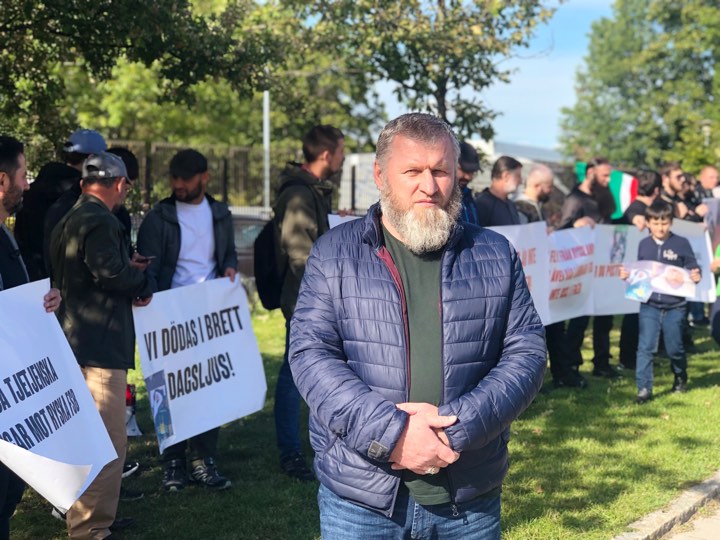
Zurab lamented that his two sons and sister-in-law were refused asylum in Sweden.
‘My sons were detained and [the authorities] are preparing to deport them. I don’t understand why the Migration Service doesn’t take into account the danger that threatens us’, he said.
He said that the officials had not asked him whether he was in danger or whether he needed protection following his brother’s murder.
‘There was no reaction at all’, said Khangoshvili.
He said that an investigator had promised to tell them ‘everything [about the murder investigation] that wouldn’t interfere with the investigation’.
On 4 September, VAYFOND announced that their representative in Germany, Muhammad Abdurakhmanov, had also been refused asylum.
The German Supreme Administrative Court ruled that Abdurakhmanov could live safely in Russia, and ordered him to leave the country within 30 days.
Chechnya’s Speaker of Parliament, Magomed Daudov, has declared a vendetta against Abdurakhmanov’s brother, popular Chechen blogger Tumso Abdurakhmanov.
VAYFOND’s chair, Mansur Sadulayev, told OC Media that the vendetta meant that all the men in Tumso’s family would be persecuted.
Sadulayev also cast suspicion on the timing of the court’s decision.
‘Soon after the murder of Khangoshvili, the representative of our organisation in Germany, who convened a rally in Berlin, on the day of the rally, received a letter rejecting his asylum application and an order to leave the country’, he said.
‘The refusal [to grant asylum] to Muhammad is a gross violation of human and refugee rights’, he said.
Dissident refugees ‘safe in Russia’
According to Sadulayev, whose group assists Chechen refugees seeking asylum, protecting refugees who are wanted by Russia is expensive, and includes paying for the services of lawyers and translating huge numbers of documents into English to submit to Interpol.
‘In countries where human rights are ignored by the authorities,’ Sadulaev said, ‘even expensive lawyers cannot help.’
He said that the UN Committee against Torture ruled in 2018 that dissident refugees and former resistance members could not find protection in Russia, but that some European countries did not abide by this ruling.
According to him, such states argued that ‘outside Chechnya, but within Russia, supporters of Ichkeria [the self-proclaimed independent Chechen republic] can be safe.’
He said that the final word of the ECHR or the UN could change the fate of applicants for the better, but that this did not always work. Sadulayev said that in recent years it had become increasingly difficult for refugees from Russia to find justice, not only in the courts of individual countries but also in international instances.



